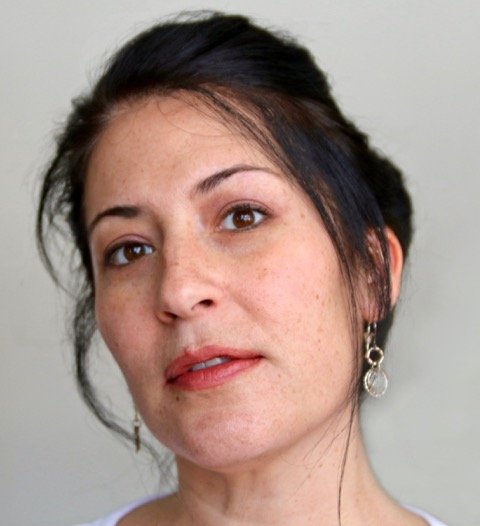The Writer's Hot Seat: Ada Limón
Ada Limón, winner of the Pearl Poetry Prize in 2006 and finalist for the National Book Award in 2015, has come out with her new collection The Carrying, this past August. This is Limón’s fifth book. Limón’s first book, Lucky Wreck, was chosen by Jean Valentine for the Autumn House Poetry Prize in 2006.
In the same year, her second book The Big Fake World won the Pearl Poetry Prize. Her third book Sharks in the Rivers was published in 2010 by Milkweed Editions. Bright Dead Things was a finalist in 2015 for the National Book Award for poetry. And her latest book, The Carrying was published this past August by Milkweed Editions. Limón explores the painful truths of vulnerability in The Carrying, while exercising a hunger to create and survive. Her poems beg to be read out loud, they beg to fill the empty spaces in the room, spaces that you didn’t know were there.
The Carrying explores the theme of fertility and women’s roles in different stages of life, as daughters, lovers, and heroines.Limón recently conducted a reading and Q&A at the University of New Hampshire as part of the English Department Writers Series.When asked how she felt about The Carrying being largely autobiographical, and how she reconciles sharing so much of her life with her audience she replied that all people have multiple “selves”, each year, day, and minute we can be someone different. All of these possibilities are fused into our personality; there are many facets of our personality and our writing should allow those selves to be seen, even if these events/personalities force the writer to be exposed. Even traumatic experiences that plague our lives create vulnerable seasons that can be made into beauty. She says we can use that experience and make something out of it – it’s no longer a “found” thing. This transfer of ownership, this bravery to write about these events that haunt us, gives us as writers agency over our lives and ourselves; it creates power and authority over the author’s life.
In response, when asked what the most important thing for a poet to do, Limón replied: survive. Poets must survive, says Limón, and make their art.Limón talked about her process when writing what she calls “dream poems”, concepts, images, events that happen in dreams. As touched on before, Limon is interested in transforming life’s interactions into made things rather than found. Since the dreams were “found” images and ideas, she expressed that it was important that she display these dreams and work on them in a way that meant she created them. She has ownership, she takes these dream images and places them in a way the accentuates the dream in language that reflects the strangeness of them.
Again, Limón touches on the idea of power and how we as writers are allowed to make something out of a found object or image. We as poets, fiction writers, and nonfiction writers survive on observations, the ability to really see things, and in turn transform these images, events, words, into an entirely self-made work of art.
Morgan Plessner is a poetry reader for Barnstorm.
